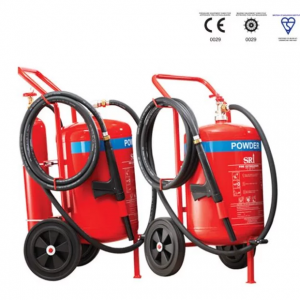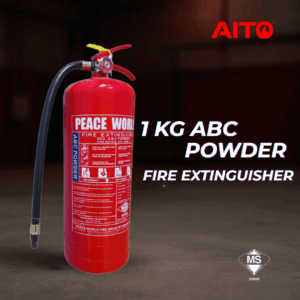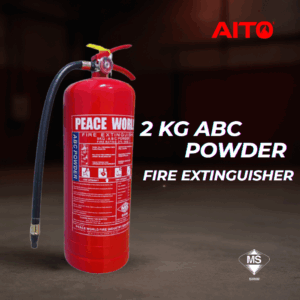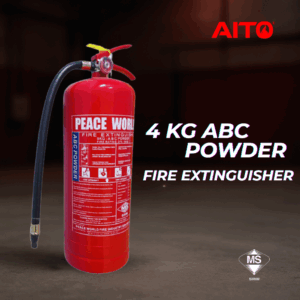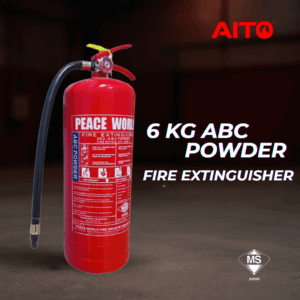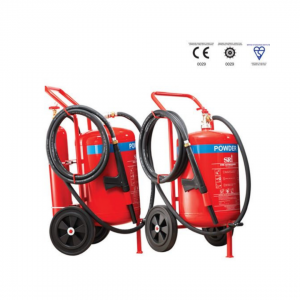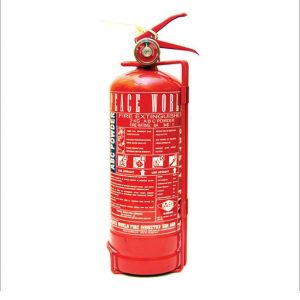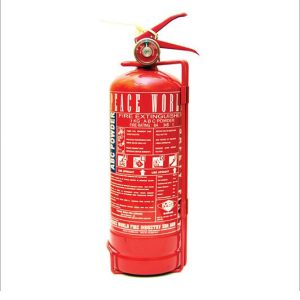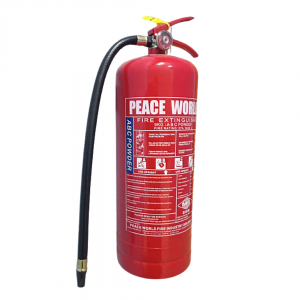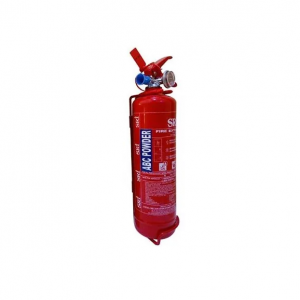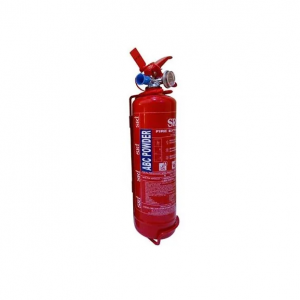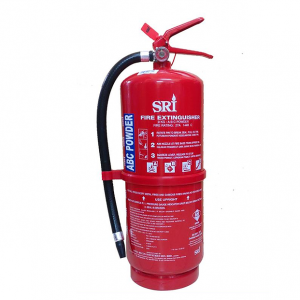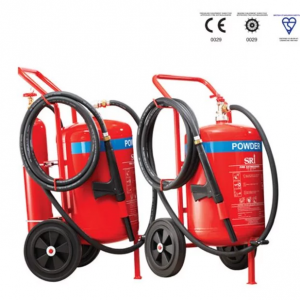Heat Detector vs Smoke Detector: What’s the Difference and Which One Is More Suitable?
Introduction
Every building requires a reliable fire detection system to ensure early warning and fast evacuation. Two of the most commonly used devices are the heat detector and smoke detector.
Although their purpose is the same — to detect signs of fire — they operate differently and are suitable for different environments. Understanding these differences helps you choose the right device for optimal fire protection.
1. What Is a Smoke Detector?
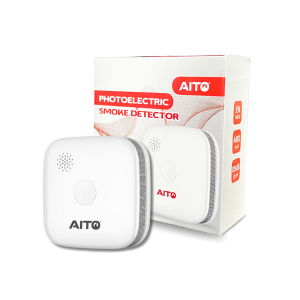
A smoke detector is a fire safety device that detects smoke particles in the air. It is often the fastest way to detect a fire, especially during its early stages.
How does a smoke detector work?
There are two main types:
-
Ionization Smoke Detector: Responds quickly to fast-flaming fires (with small, invisible smoke particles).
-
Photoelectric Smoke Detector: Responds better to slow-burning, smoldering fires (with thick, visible smoke).
Advantages of smoke detectors
-
Faster detection compared to heat detectors
-
Highly effective for residential areas
-
Detects fires during early stages, giving more time to escape
Best locations for smoke detectors
-
Living room
-
Hallways and corridors
-
Bedrooms
-
Offices and meeting rooms
-
Dry storage areas
Not recommended in kitchens, as smoke from cooking can easily trigger false alarms.
2. What Is a Heat Detector?
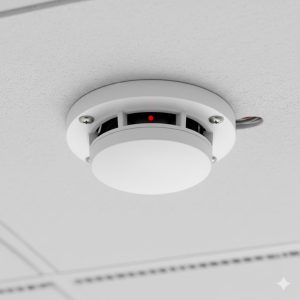
A heat detector senses increased temperature or rapid temperature rise. It activates when heat reaches a specific threshold or increases too quickly over a short period.
Types of heat detectors
-
Fixed Temperature Detector: Activates when temperature reaches a certain point (e.g., 57°C).
-
Rate-of-Rise Detector (ROR): Activates when temperature rises sharply within a short time.
Advantages of heat detectors
-
Not affected by steam, smoke from cooking, or dust
-
Very low risk of false alarms
-
Reliable in harsh or high-heat environments
Best locations for heat detectors
-
Kitchens
-
Garages or basements
-
Mechanical or equipment rooms
-
Industrial areas
-
Areas with high humidity or dust
3. Heat Detector vs Smoke Detector: A Quick Comparison
| Feature | Smoke Detector | Heat Detector |
|---|---|---|
| Detection method | Smoke particles | Heat / temperature |
| Response speed | Very fast | Slower |
| False alarm risk | Higher (especially in kitchens) | Very low |
| Recommended areas | Bedrooms, living areas, offices | Kitchens, garages, machine rooms |
| Cost | Generally cheaper | Slightly higher |
| Primary purpose | Early fire detection | Detection in harsh environments |
4. Which One Should You Choose?
The best choice depends on where the device will be installed.
✔ For residential homes:
-
Smoke detectors are essential in hallways, bedrooms, and living spaces.
-
Heat detectors are recommended for kitchens to prevent false alarms.
✔ For commercial or industrial buildings:
-
A combination of both devices is usually required.
-
Heat detectors are ideal for high-temperature or dusty areas.
-
Smoke detectors are ideal for offices, meeting rooms, and common areas.
Conclusion
Both heat detectors and smoke detectors are crucial components of a comprehensive fire protection system.
While smoke detectors offer faster detection, heat detectors are more reliable in environments prone to steam, heat, or dust.
Choosing the right detector ensures maximum safety for your building, reduces fire risks, and provides early warning that can save lives and assets.
Get more information from us today.
Contact our team at 03-7831 4791 , browse our website at aito.com.my or email [email protected] for expert assistance.




